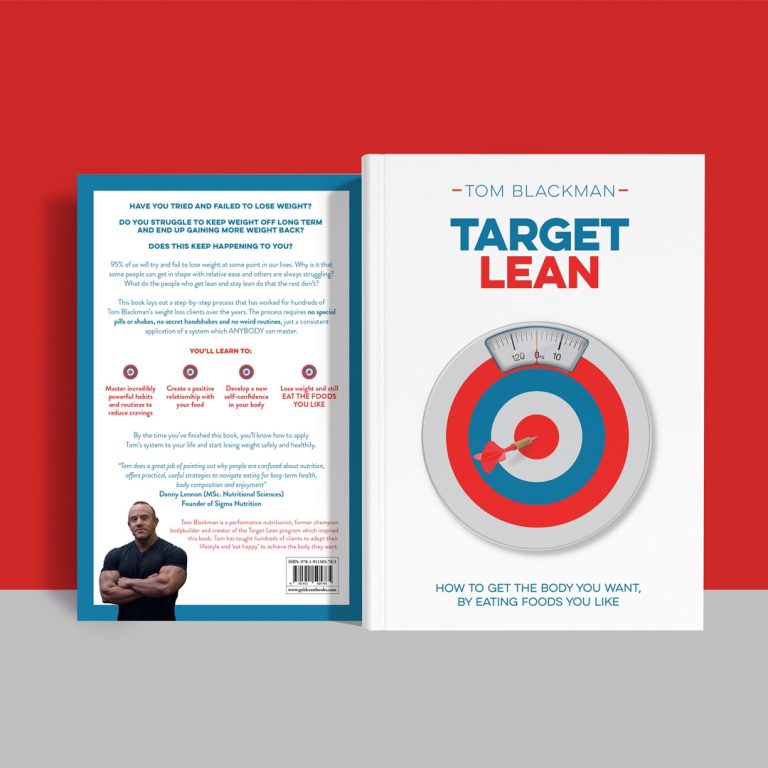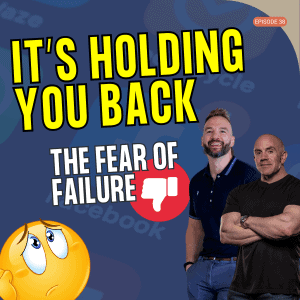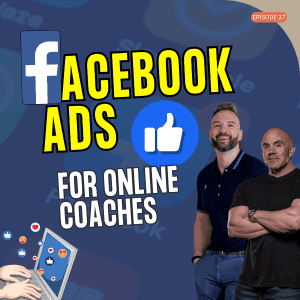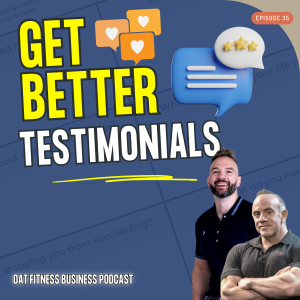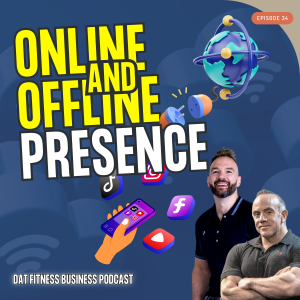This month I’ve been talking about weight loss,
No surprise there
I always talk about weight loss in some respect
More specifically how weight loss is often the defining factor in a diet’s measure of success.
January and February are always the most popular months for dieting,
There is the post Christmas rush, of course.
Then the Valentine’s day crash diet.
While it’s a good idea to measure your weight every day in order to get a reading on the average weight change over the week, it’s not advisable to use it as the only measure.
Our bodies are 70% water, plus some bone, muscle, internal organs and fat. Thrown together and held in a bag of skin.
As our body fat increases, so does our capacity to hold water internally. When we start to reduce our food intake one of the first things we see drop is body water.
Which is why most people who diet see an almost instant drop in weight during the first few weeks of a diet. This is evidence that the diet is working and even the most extreme, weird diets will see this drop.
This soon abates, however, and after 3-4 weeks the weight loss slows and the feeling of initial happiness goes. Then the reality of the diet sets in.
If that diet is particularly hard to follow, it will be around now that you decide to jack it in.
Any weight loss that you’ve experienced initially may also have come close to your initial targets which then supports your thoughts that:
‘the diet has worked I can come off now’
An obvious issue with this is that if the majority of the weight has been water or food volume reduction then it will very quickly return. Especially if you go back to your previous eating patterns.
“We fall to the levels of our systems” – James Clear, Atomic Habits
I’m a big believer in a slow and steady approach to weight loss which in turn brings more long lasting fat loss. I don’t look to get big, headline grabbing results in a short space of time as such a practice generally is unsustainable for the person doing the diet.
A recent reunion of the biggest loser program had to be scrapped because most of the contestants had gained the weight back again.
The program is a prime example of this. It focuses on the outcome – weight loss, without focussing on building systems to support that long term.
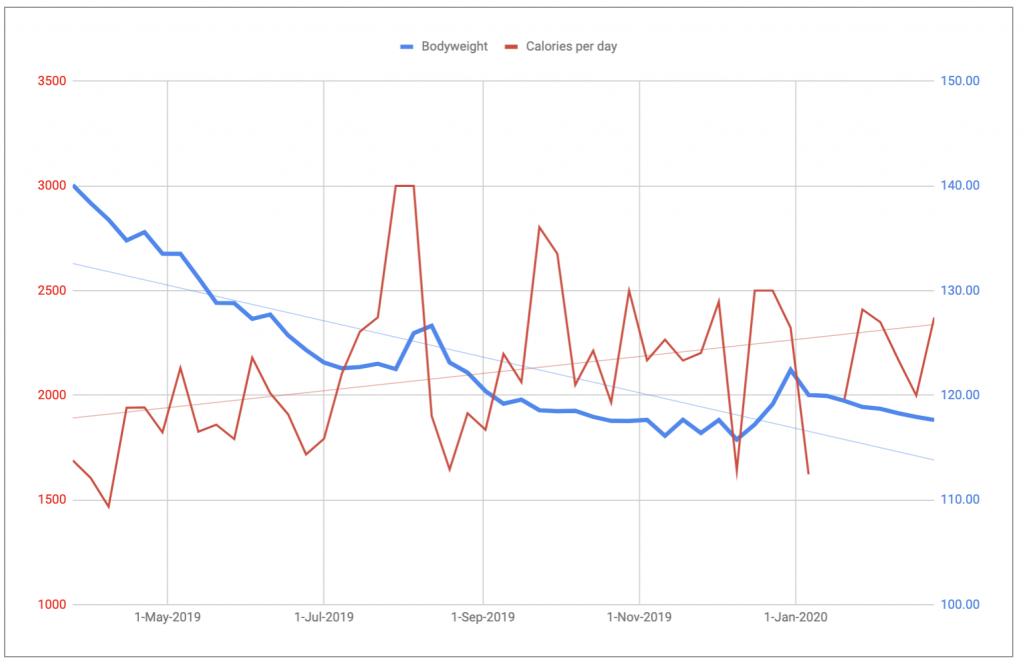
John (not real name) followed the CALORIE method that I teach consistently for months and saw a gradual drop in body weight and also body fat. He built the systems to support that goal and when he went on holiday in July for 2 weeks he was able to enjoy the all you can each, all inclusive element of the deal.
He used the systems to make sensible choices and not binge massively
During this time he did gain some weight, but then when he returned to the UK was able to use the systems to get back into routine and the initial weight loss gained on holiday disappeared in around 10 days. Which then allowed him to continue to make progress.
John fell to the level of his systems
You may also notice that his weight has fluctuated over the last few months, this is due to his efforts in the gym. He has gained a good amount of muscle and is seeing huge increases in his strength and motivation. As a result his weight loss is slowing down.
But his body composition is improving
He’s gaining more muscle and still losing fat, so ‘weight loss’ isn’t really our primary concern at the moment, increasing his fitness and how he looks is.
All this happened with the slow and steady approach. You wouldn’t recognise him now if you’d last seen him last year. He’s made phenomenal improvements to his health and life. He’s a true systems orientated client.
More importantly, he will NEVER regain his fat weight back again
Because he doesn’t know how to live like that person again. He has changed his mindset to a leaner lifestyle. That lifestyle has changed his behaviour.
Our behaviour is what leads to our end results.
How many people you know talk a good talk about all the changes that they are going to make in their lives.
Yet there they are, 6 months later, still doing the same thing. With a reason why they haven’t done it.
“You can’t talk yourself out of what you behave yourself into” – Stephen Covey
Weight loss – or fat loss specifically is about changing behaviour.
We can do that in the short term with Boot Camps, 6 week shred diets and such like, but that’s not behaviour change.
It’s forced hard labour, it doesn’t change our behaviour, just our actions in the short term.
By assessing WHY we behave in such a way in relation to our food, exercise, habits and so on, allows us to then change those that we don’t want to keep doing.
For example, you may want to change that you eat chocolate as soon as you get home from work but you just can’t. You always talk about changing and you have the intention of doing it but your habits take over once you actually get there.
To change the end result you need to identify the anchors that drive you there. Change the starting stimulus of the habit and you’ll change the end behaviour. More on that in another article.
Build solid systems to support the behaviour that you want.
Then you will only ever fall to those systems and never right back to the start.
